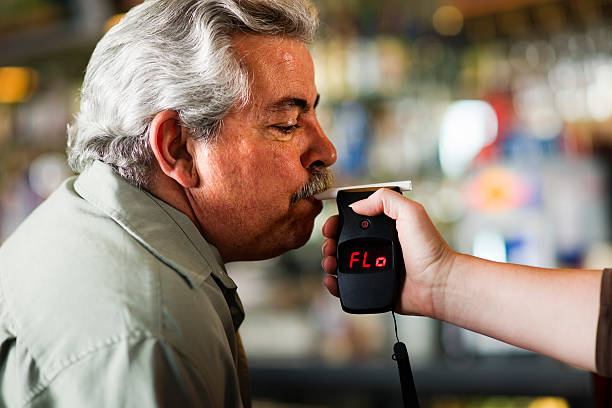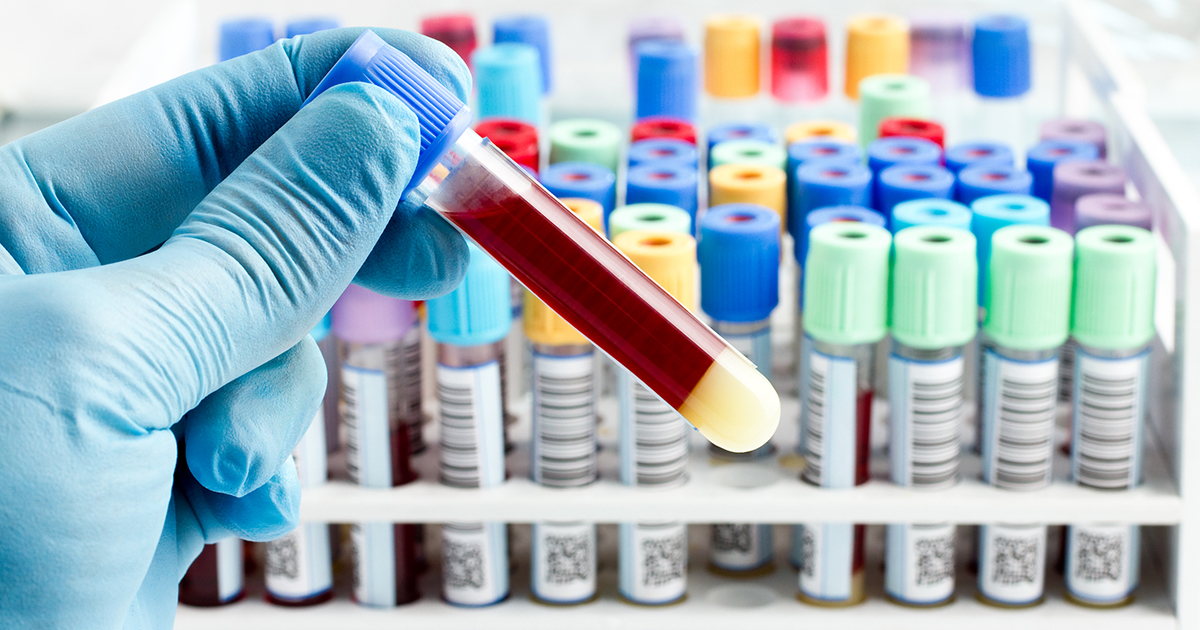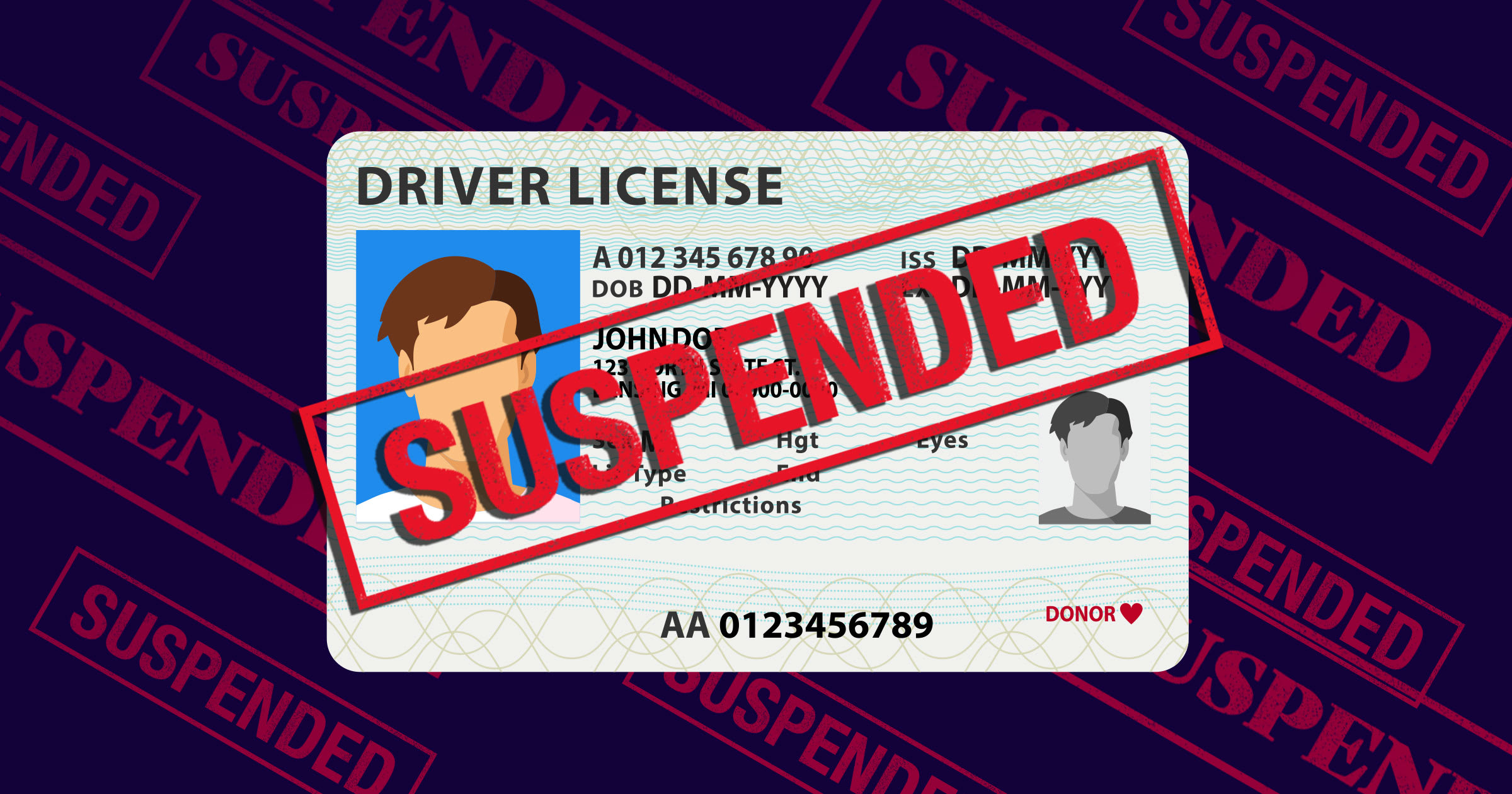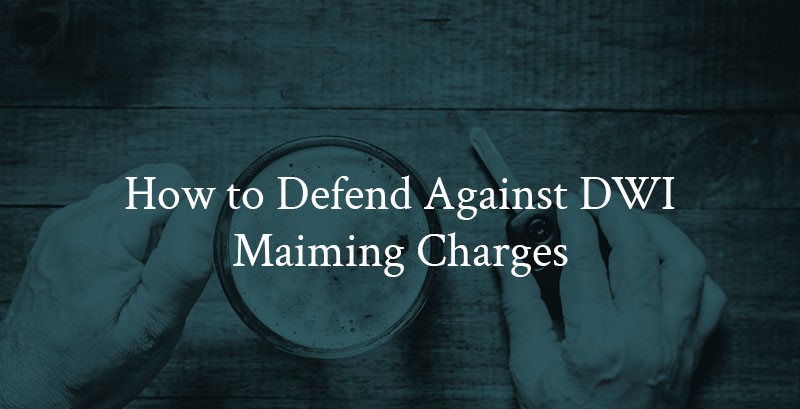If you’ve been pulled over and heard the words, “You’re under arrest for DWI,” chances are you immediately asked yourself, what is a DWI charge and how serious is it? The answer can feel overwhelming—especially when your future, your freedom, and your finances are suddenly on the line. In the world of criminal law, a DWI (Driving While Intoxicated) charge is far more than a routine traffic violation. It’s a criminal offense that can reshape your life in ways most people don’t fully realize until it’s too late.
This article answers that key question—what is a DWI charge—and takes you deeper into how breath and blood tests are used as evidence in these cases. We’ll also explore the science behind these tests, how reliable they really are, and how attorneys successfully challenge them in court. To make it easier to follow, we’ll also tell real-world stories of individuals who’ve been there.
By the end, you won’t just understand what a DWI charge is. You’ll know how it works, what evidence the prosecution will use against you, and how you—or someone you care about—can fight back.
What Is a DWI Charge?
In Texas and many other states, a DWI charge is issued when someone is caught operating a vehicle while intoxicated. That typically means driving with a blood alcohol concentration (BAC) of 0.08% or higher or while impaired by drugs—prescription or otherwise.
But a DWI charge isn’t just about alcohol. It can involve any substance that impairs your mental or physical ability to safely operate a motor vehicle. That includes marijuana, prescription medications, over-the-counter sleep aids, and more.

Legal Definition Under Texas Law
Under Texas Penal Code § 49.04, a person commits a DWI if they are:
- Operating a motor vehicle
- In a public place
- While intoxicated
The term “intoxicated” here means not having the normal use of mental or physical faculties due to alcohol, a controlled substance, a drug, or any combination of these.
So, when you’re wondering what is a DWI charge, understand that it’s both a legal classification and a serious criminal offense that can result in jail time, license suspension, and a permanent criminal record.
How Breath and Blood Tests Factor Into a DWI Charge
When police suspect someone of driving under the influence, their go-to tools for building a case are breath and blood tests. These chemical tests are used to measure a driver’s BAC or detect drugs in the system.
Breathalyzer Tests
One of the most common tools in a DWI arrest is the breathalyzer. After performing field sobriety tests, officers often request a breath sample to estimate BAC.
Here’s how it works:
- You blow into a handheld device.
- The device analyzes your breath to estimate your blood alcohol content.
- A BAC of 0.08% or higher can result in arrest and formal charges.
But breath tests aren’t perfect. In fact, many defense attorneys challenge breath test results by questioning how the device was calibrated or maintained, or whether the officer followed proper procedures.

Blood Tests
If a suspect refuses a breath test—or if law enforcement wants more precise data—they may request a blood draw. This is often done at a medical facility or through a warrant.
Blood tests are generally more accurate, but they’re not immune to errors:
- Chain-of-custody issues can taint the sample.
- Improper storage can alter the result.
- Delays between driving and testing can affect BAC levels.
So when considering what is a DWI charge, it’s important to realize that the entire case often hinges on the integrity of these tests.

Real Case Example: When a Blood Test Saved a Career
Let’s look at Marcus, a school bus driver in Johnson County, TX. He was pulled over for drifting between lanes on his way home from a barbecue. He admitted to having “a beer or two” but passed the field sobriety test. The officer, however, insisted on a blood draw.
The result? A BAC of 0.07%—under the legal limit.
Thanks to that test, Marcus wasn’t charged. His employer never suspended him, and he kept his job. This example shows that while breath and blood tests can hurt you, they can also clear your name when handled properly.
What Happens After a DWI Arrest?
Once you’re arrested, things move quickly—and they get expensive. Understanding what a DWI charge involves after the arrest is key to protecting your rights.
Booking and Processing
You’ll be taken to jail, fingerprinted, photographed, and held until bail is posted or a judge releases you. Your vehicle may also be impounded.
License Suspension
In Texas, you have 15 days from the date of arrest to request an ALR (Administrative License Revocation) hearing. If you don’t, your license will automatically be suspended—even if you’re never convicted.

Formal Charges and Court Appearances
A prosecutor will review the evidence, including breath or blood test results, and decide whether to file charges. You’ll then attend an arraignment where you plead guilty, not guilty, or no contest.
Throughout this process, understanding what is a DWI charge and how breath or blood test evidence may be used is critical to building your defense.
Are Breath and Blood Tests Always Admissible?
No, and that’s where things get interesting. Just because you tested over the legal limit doesn’t mean that result will hold up in court.
Common Legal Challenges:
- Unreliable Equipment – If the breathalyzer wasn’t properly calibrated, the results can be excluded.
- Improper Procedures – If officers skip steps or fail to follow guidelines, the test may be thrown out.
- Delayed Testing – BAC can rise after driving. A test taken an hour later may not reflect your BAC while behind the wheel.
- Medical Conditions – Acid reflux or diabetes can interfere with breath test results.
Your attorney’s job is to look for these gaps—and when they find them, it can dismantle the prosecution’s case.
Penalties Tied to a DWI Charge
Now that you understand what a DWI charge is and how evidence is gathered, let’s look at what’s on the line.
First Offense in Texas:
- Jail time: 3 to 180 days
- Fine: Up to $2,000
- License suspension: Up to 1 year
- Annual surcharge: $1,000 to $2,000 for 3 years
- Possible community service or ignition interlock device
Second or Third Offense:
- Jail time: Up to 10 years for repeat offenses
- Increased fines and longer license suspensions
- Mandatory ignition interlock device
- Potential felony conviction for a third offense
Aggravating Factors:
- Child passenger in the car
- High BAC (above 0.15%)
- Causing injury or death
Each of these can elevate the severity of the charge—and drastically increase the penalties.
How to Defend Against a DWI Charge
The best defense depends on the facts, but experienced attorneys often take the following approaches. Tailoring the strategy to the specifics of the arrest is crucial for maximizing the chances of a favorable outcome.

1. Challenging the Stop
Was there a valid reason to pull you over? If not, everything that happened afterward—including the breath or blood test—could be excluded. Without lawful grounds for the initial stop, the entire case may be deemed unconstitutional under the Fourth Amendment.
2. Questioning the Test Accuracy
Attorneys often bring in forensic experts to challenge BAC results or show that the equipment used was unreliable. A successful challenge could weaken the prosecution’s case significantly, especially if the test was central to the charge.
3. Highlighting Procedural Errors
Even minor mistakes in arrest paperwork or lab handling can lead to case dismissal. The legal process must be followed precisely, and technical errors often open the door for suppression of critical evidence.
4. Using Medical Evidence
Health issues, medications, or diets (like keto) can mimic alcohol on a breath test. If your attorney can show this, the case may fall apart. In many instances, expert medical testimony can explain anomalies that confuse the science behind test results.
Real Case Example: The Breathalyzer That Backfired
Samantha, a 36-year-old office manager, was pulled over for speeding late at night. She hadn’t had anything to drink in over four hours, but the breathalyzer read 0.10%. Her attorney hired an expert who proved the machine hadn’t been calibrated in over six months. The evidence was excluded—and the case was dismissed.
This case shows how fragile breath test evidence can be and why challenging it is often the best strategy.
How to Protect Yourself Moving Forward
Now that you have a clearer answer to what is a DWI charge, it’s important to understand your options.
- If you’re facing charges, don’t go it alone. Hire an experienced DWI attorney.
- Understand that you have rights—even if you made a mistake.
- Learn about your local laws, especially regarding implied consent and license suspension timelines.
A charge is not a conviction. With the right defense, many DWI cases are reduced—or even dismissed.
Final Thoughts: What Is a DWI Charge and Why It Matters
So, what is a DWI charge? It’s more than a citation. It’s a serious criminal allegation that can impact your license, freedom, finances, and reputation. At the heart of most of these cases are breath and blood tests, which are often treated as rock-solid evidence—but they aren’t foolproof.
Whether you’ve been arrested or are simply trying to understand the risks, knowing how this system works is the first step toward protecting your future. The next step? Getting the right legal help and fighting back smartly.
Because the truth is, one night shouldn’t define the rest of your life.

